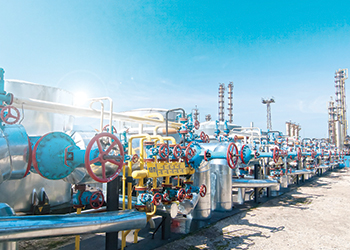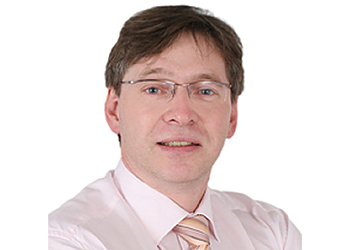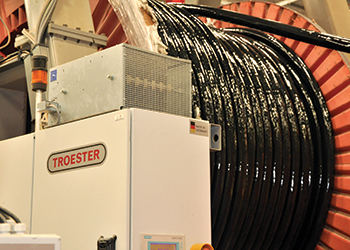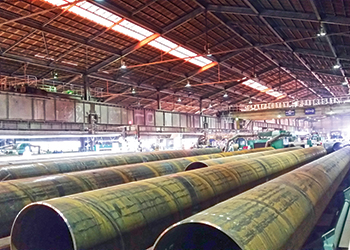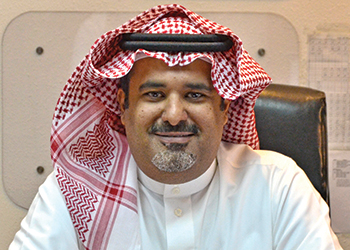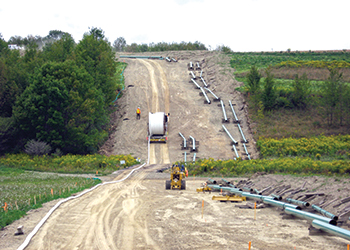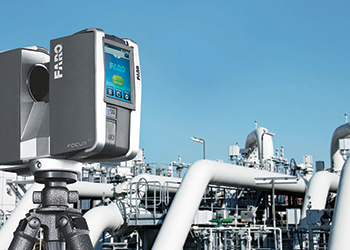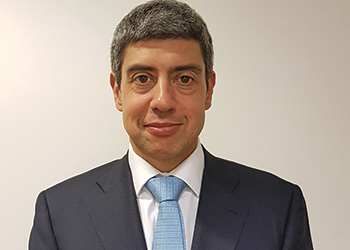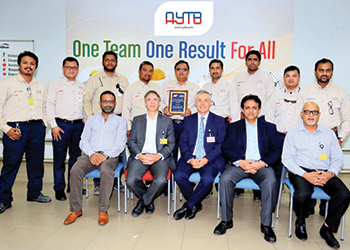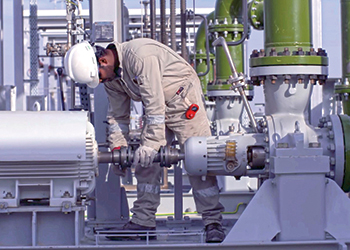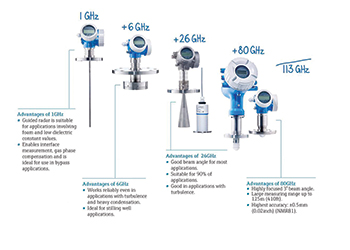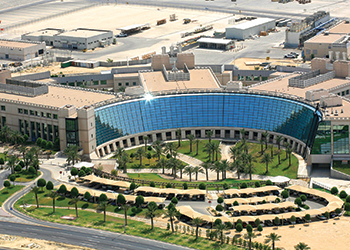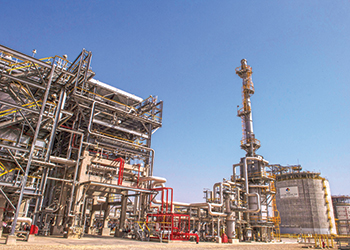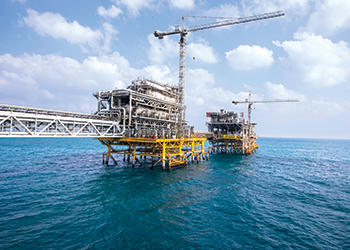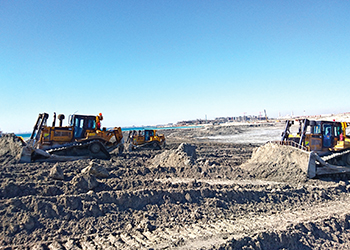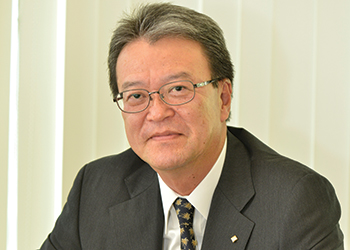
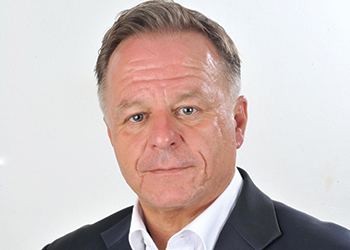 O’Gara ... diversifying operations
O’Gara ... diversifying operations
SNSI plans to expand production and diversify into the transportation sector next year, says its managing director FRANK O’GARA in an exclusive interview with OGN
A regional leader in manufacturing high-capacity vacuum loading equipment, Bahrain-based Sarens Nass Smet Industries (SNSI) is expanding its production capacity and diversifying its activities to cater to the demands of the transportation sector in the Middle East and beyond.
According to statistics published by various regional authorities, the Middle East’s transportation industry is expanding. Transportation vehicles featured among the top import commodities in most GCC countries.
In Saudi Arabia alone, the transportation industry contributes nearly 9.25 per cent of the total GDP. The top five commodities for import into Saudi Arabia included transportation vehicles, accounting for approximately $29.5 billion, out of which nearly $300 million were spent on semi-trailer vehicles.
Demand for semi-trailer vehicles, special vehicles and trucks are increasing year over year, mainly due to the increase in the tonnes of cargo and parcels being handled annually. Considering these market insights, SNSI is foraying into the transport sector.
'This very well aligns with our philosophy – manufacturing locally, using European technology, equipment that is specifically suited for the region; easy to operate and; also offer customer friendly financial conditions to balance cash flow with depreciation time,' says SNSI managing director Frank O’Gara. 'Our philosophy is based on four pillars – training, maintenance, buy-back and flexible payment terms.'
SNSI considers training as the foremost pillar of the company’s philosophy. 'It is our responsibility to maintain the units, which have been sold, during the first year and assist, the customer’s maintenance crew, in following years,' he says.
SNSI also buys its machines back after seven years at 30 per cent of the purchase value whenever they are replaced by new machines. SNSI’s current products include the Fluid Vacuator, in local terminology 'the super sucker' (suitable for flammable and hazardous liquids), Solid Vacuator (suitable for dry solids, hazardous and non-flammable liquids), Jet Vacuator (combi truck, suitable for flammable and hazardous liquids with additional water tanks to facilitate high pressure water jetting (15K/PSI)); besides robots to deal with situations that expose humans to unsafe conditions.
'SNSI’s expansion plans include assembly of flatbed trailers, lowbed/lowboy trailers, tank trailers, refrigerated trailers, container trailers and silo trailers' says O’Gara.
'For this we have partnered with German company Kassbohrer, to manufacture state-of-the-art trailers to the region, featuring intelligent monitoring systems that helps to predict how these trailers will behave much in advance. This will facilitate planned predictive maintenance and reduce operational costs,' says O’Gara. The company targets 25 trailers in 2018 and to increase to 200 by 2020, he says adding that delivery will start by the beginning of next year.
The company also intends to expand the production capacity of its Fluid Vacuators from 30 in 2017, to 100 by 2020, thereby taking a giant step towards expanding operations in the region. 'We would like to grow pan-GCC first, then expand across the Middle Eastern region and later bring Africa also under our coverage,' he says.
'SNSI’s mission and vision is to work for an incident-free world with failure-proof equipment' says O’gara. 'For this we produce and deliver in a unique way; equipment and robotics that avoid exposure of humans to dangers and risks.'
As more and more high-tech plants with complicated production processes are built in the region, it becomes necessary for industrial companies to promote and regulate safe working in industrial cleaning activities and avoid exposure of humans to unsafe conditions. To achieve this goal, SNSI is taking the initiative to form a non-profit organisation – Committee Regulating Industrial cleaning (CRIC) on the model of Stichting Industriële Reiniging (SIR), an industrial cleaning foundation that was formed in Europe in 1989, he says.



































































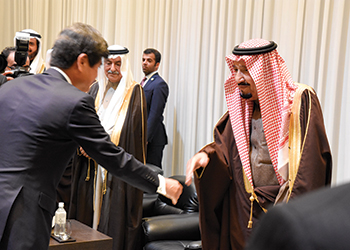
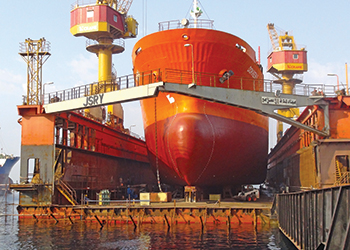
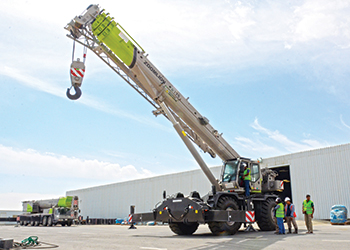
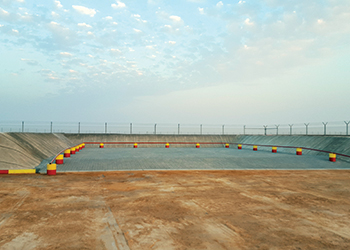
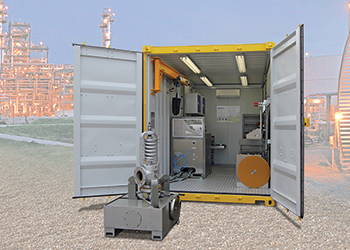
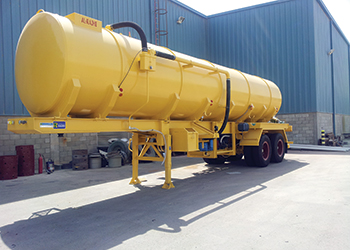
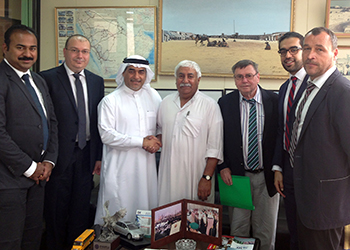
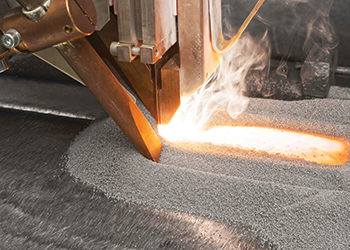
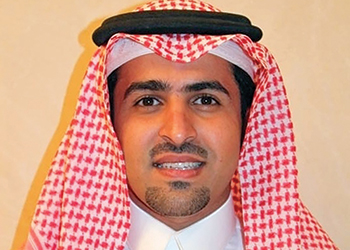
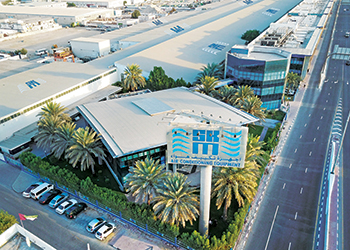
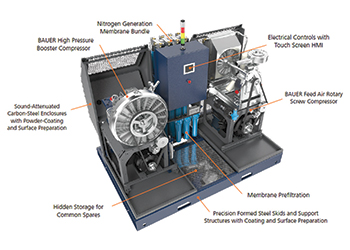

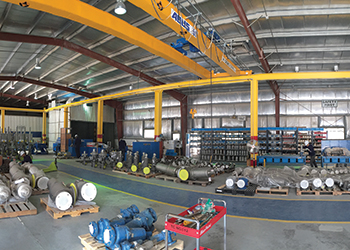
.jpg)
